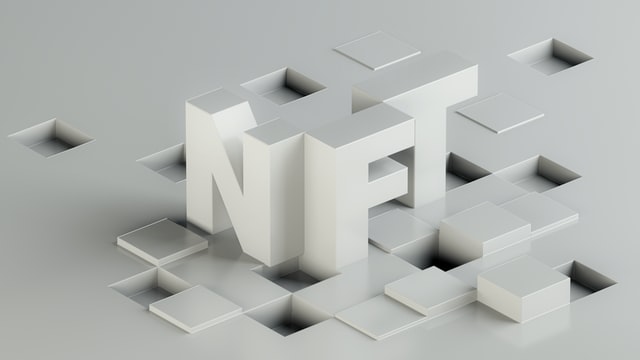There has been an increase in the popularity and use of non-fungible tokens (NFTs). There are more and more startups developing and trading NFTs or providing advice on NFTs in Switzerland’s Crypto Valley. Likely, some legal and regulatory issues will still need years of clarification – both for developers and users.
Towards the end of 2014, Justin Biber purchased a non-fungible token (NFT) from the Bored Ape Yacht Club collection for about $1.3 million. The trading of NFTs on platforms such as OpenSEA, Rare and Nifty amounts to hundreds of millions of dollars every week.
What exactly does buying an NFT entail?
NFTs are digital tokens that are anchored on the blockchain and are linked to goods (usually digital). NFTs can be physical or immaterial goods from the real world. There are practically no limits to the possible links, but currently, the focus is on art and gaming accessories.
NFTs must first be created or “minted”, like all tokens. It is not necessary to have any prior technical knowledge to create an NFT on the specialized platforms. An NFT is a unique, special form of token.
An NFT is given an identification number during minting. As well as providing it with information about the work, such as a short description, its design information, ownership information, and transaction history, the software also provides metadata like its location or hash value.
In what way do NFTs help?
- Ownership: Until now, digital files could be reproduced indefinitely and interchanged. ERC-721 is the first standard that combines digital and original. NFTs are scarce because they cannot be duplicated and can be printed in only a limited number of copies by the minter.
- Market: It is also possible to trade a good once ownership is secured. Previously, there were no markets for goods traded through NFTs. In the future, licensing could potentially cut out middlemen from the economic cycle in-licensing and perhaps one day in real estate and mortgages.
- Copyrights: It is now possible for authors to receive a certain percentage of resale proceeds without having to share the proceeds with record companies.
The main risks associated with purchasing or creating NFTs
- Preliminary clarifications are not required. It would be ideal if the artist minted his work himself, or if he had legally acquired the rights to mint it. Unfortunately, this might not always be feasible.
- Link problems. URL locators allow NFTs to find data anywhere on the Internet. The NFT’s link leads nowhere if the website has problems. There is no centralized control over IPFS, which is a decentralized network for storing files. An IPFS address can be assigned to any file within the IPFS network.
- Wallet. An NFT can currently only be created or traded on specialized platforms. A platform may cease to exist or be closed if, for some reason, it is no longer operational. To buy and sell an NFT, like any other type of token, you will need a wallet. You need to check if your wallet accepts NFTs before purchasing.
- Confusing copyright rules. When an NFT is acquired, copyrights to the underlying work are not automatically transferred. A license right is only granted for private use, which can be used for personal and non-commercial purposes. A certain amount of revenue is usually allowed per year for commercial use, but sometimes it may be restricted. Thanks to NFTs, the Swiss go-it-alone approach will be a thing of the past. This will also result in Swiss artists being able to enforce their licensing rights. Similarly, EU laws already recognize unbridled royalties on second-hand sales. Royalties cannot depend on the platform on which an NFT is sold.
- Terms and Conditions. NFT platforms vary in their rulings regarding licensing rights to material linked to the NFT, some of which state the rights are solely the creators. For example, despite providing free personal licenses to its buyers, the terms and conditions of Bored Ape Yacht Club do not mention or indicate any license fees in their commercial licenses.
Conclusion
We expect that NFTs will become established in a wide range of economic sectors as a result of their many possible applications. NFTs can be applied in an almost infinite number of applications, and the technology is constantly evolving. It is wise for minters and developers of NFT- projects to find out in advance how the Swiss regulations apply to them.

